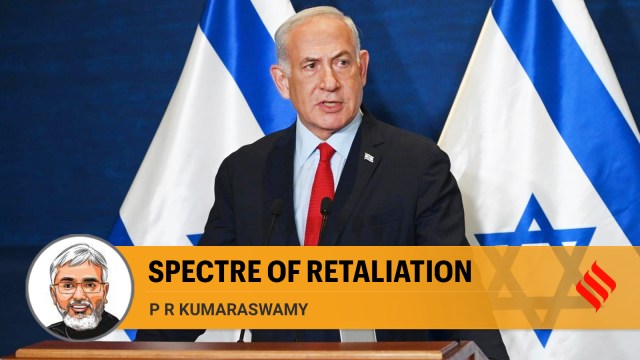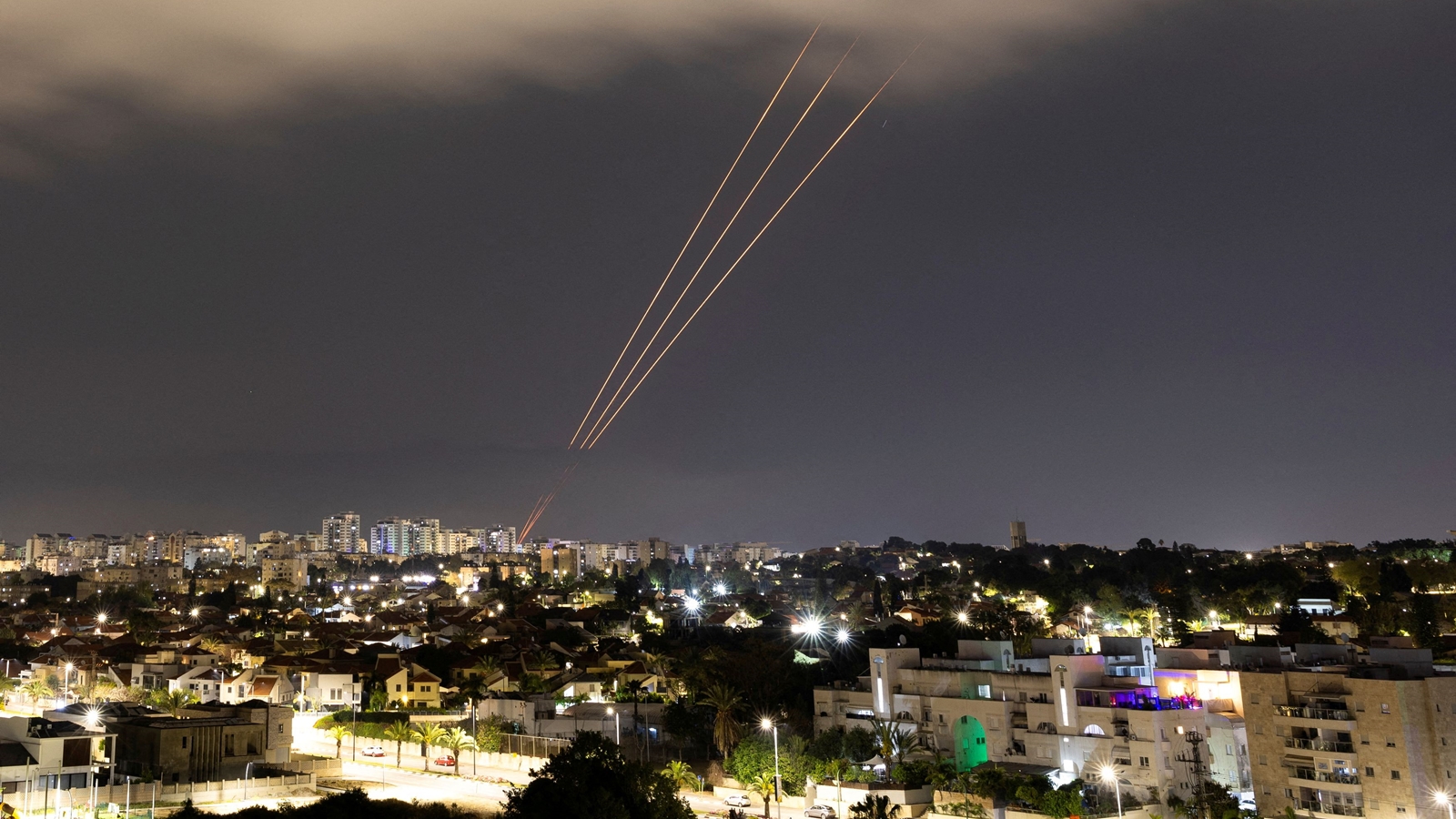
The magnitude of the missile attack on Israel carried out by Iran in the early hours of Sunday was unprecedented, even by standards in the Middle East. The Islamic Republic has fired over 300 long-range projectiles, including drones and ballistic missiles, at the Jewish state. In recent years, similar missile and rocket attacks have been carried out by militant groups such as Hamas and Hezbollah. This is the first time Israel has faced a direct missile attack from a state since the Iraqi Scuds in January 1991.
An unprecedented retaliation
The unprecedented volley of long-range projectiles from Iran was supposed to be a response to the killing of Mohammed Reza Zahedi—a senior Quds Commander of the Islamic Revolutionary Guards Corps (IRGC) in Damascus on April 1. There were disputes over the exact structure, which Israel supposedly attacked; whether the building was within the Iranian embassy in Damascus, as Tehran claims, or outside the compound, as Western critics have argued. Even before the long-range projectiles reached Israel, the Iranian mission in New York invoked the rights under Article 51 of the UN Charter and declared that Tehran “does not seek escalation”.
As President Joe Biden pointed out, the physical damage of the missile attacks was minimal as the Israeli defensive mechanism was successful in intercepting them. Israeli officials proudly declared that they were able to intercept 99 per cent of the Iranian missiles. A seven-year-old Bedouin girl was injured in the Negev by shrapnel and an airbase in the south suffered minor damages. In the immediate sense, Israel has “won” the missile attack and in the words of President Biden, “Israel demonstrated a remarkable capacity to defend against and defeat even unprecedented attacks.”
Anticipating the Israeli response, Iran was quick to declare that the missile attacks were in response to the attack on its mission in Syria and that it wished to close the matter. At the same time, it also warned that in case of “any further provocation by Israel”, Iran’s response would “assuredly and decisively be stronger and more resolute”. Several states, led by the US, expressed their anguish over the attack and condemned it. At the same time, they are urging Israel to be measured in its response and avoid escalation.

Iran crosses a red line
Israel has been extremely sensitive about its security, especially of the homeland. Despite frequent bouts of violence, Israel proper has been free from enemy attack. This changed in the 1980s when non-state actors like Hezbollah and Hamas entered the scene. Since then, Israel proper—not the occupied territories—has become the main battleground.
Moreover, October 1973 was Israel’s last war with an enemy state. Conflicts during the past five decades have been with militant non-state actors. Though Iraq fired 42 scuds in January 1991 during the US-led campaign for the liberation of Kuwait, the physical damage and military consequences were limited. The overwhelming American military campaign against Iraq prevented Israel from responding to these attacks; there were, however, murmurs that the Scud attacks undermined Israeli deterrence.
This time is different. Though the physical damage was limited, the Iranian missile attacks have crossed a significant redline. They signalled the failure of Israeli deterrence. That Iran could attack the Israeli mainland indicates not only the logistical capabilities of the Iranian arsenal but also its political determination to challenge Israeli deterrence. It also signals Iranian readiness to face a possible Israeli response. The unprecedented attacks could be a precursor to similar and larger attacks.The Iranian offence would also stir similar military responses from other adversaries of Israel as and when they develop sufficient military capabilities.
Netanyahu can’t admit weakness
Not responding to Iranian attacks will be an admission of Israeli weakness, both political and military. Thus, no leader—democratic or authoritarian—could accept the barrage of over 300 missiles and be content with public statements of condemnation. Political inaction is suicidal even for authoritarian rulers.
If the past is an indication, Prime Minister Benjamin Netanyahu will respond to the Iranian missile attacks. Netanyahu, not known for using diplomatic options, will respond sooner than later. A symbolic response will be inadequate both politically and militarily. Several allies of Israel are unable and unwilling to join hands with an offensive Israeli response. Already, President Biden declared that the US will not be a party to any aggressive response to the Iranian attacks. Hence, Israel will have to act alone and without any support from its allies.
Direct military action has proved to be ineffective in the Gaza Strip, and the cost of an aggressive strategy will be higher vis-à-vis Iran. Distance and Iranian defences minimise the possibility of direct Israeli attacks against Iran’s military installations.
Thus, Israel might settle for its time-tested strategy of targeting key personnel—military as well as political—in the Iranian establishment. Attacking Iranian figures in third countries, like Syria and Lebanon, might be easier, but their propaganda utility is limited. Both to maximise the effects and reestablish a modicum of deterrence, Israel will act inside Iran as it did against key nuclear scientists in recent years. However, the outcome of such a robust Israeli response is uncertain, probably worse and even be counterproductive. But one thing is certain: Bibi will respond and respond forcefully to the Iranian missile attack.
The writer teaches contemporary Middle East at Jawaharlal Nehru University, New Delhi


